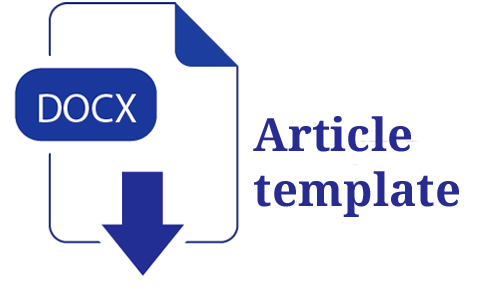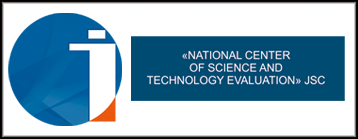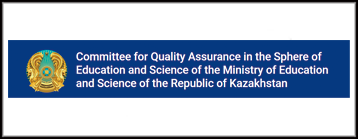Publication ethics and malpractice statement
Journal accepts only original scientific and technical articles or reviews that have not been published anywhere or under review process for publication. Articles of a political nature, containing biased and incorrect assessments of other scientific works and other specialists, are not accepted for publication.
Journal supports and is itself an example, of the scientific method. For all these reasons and more, it is important to lay down standards of expected ethical behavior by all parties involved in the act of publishing: the author, the journal editor, the peer reviewer, the publisher, and so on. Fraudulent or inaccurate statements are unethical and unacceptable. This includes all parties treating each other with respect and dignity and without discrimination, harassment, bullying, or retaliation. Breaking the publishing ethics rules can badly damage your reputation as a researcher, and even spell the end of your career. For this reason, please, have a read about Ethics on Researcher Academy, where you are provided with the support and advice you need to ensure your manuscript and actions are ethically sound.
Article authorship and AI
Authors can benefit from generative Artificial Intelligence (AI) apps and AI-assisted technologies in the writing process before submission to improve the language and readability of their paper and with the appropriate disclosure. Authors are also responsible for ensuring that the work is original, that the stated authors qualify for authorship, and should familiarize themselves with the Ethics in Publishing policy before they submit their article.
Authorship should include those who have made significant contributions to the concept, design, implementation, and interpretation of the researched study (submitted manuscript). All those who have made significant contributions should be credited as one of the authors. If there are other persons involved in some aspect of the research project, they must be registered as co-authors. The Corresponding author must ensure that all actual authors are included in the article and that all co-authors have seen and approved the final version of the article and agreed to submit it for publication.
Statement of competing interests
Corresponding authors, on behalf of all article authors, must disclose their financial or personal relationships with other people or organizations that may adversely affect their research work. Examples of potential conflicts of interest include employment, consulting, shareholding, royalties, paid expert opinions, patent applications/registrations, and grants or other forms of funding.
Plagiarism policy
All articles submitted to the journal will be checked for plagiarism (originality should be 80%). Editors should, whenever possible, identify unfair and duplicate (repetitive) publications, primarily at the pre-press stage. If plagiarism or duplication of publications is found at the stage of reviewing or editing an article, it should be returned to the authors for proper revision or rejection. If plagiarism or facts of duplication of publications, as well as placement of inaccurate information in an article is detected after the article was published in the journal, the editorial board reserves the right to remove this article from the journal’s website.
Rejection appeals
The authors have the right to appeal against the decisions of the editorial board. Appeals should be sent by e-mail to the editor by email: journal@kims-imio.kz with an appeal letter containing detailed explanations along with brief supporting arguments to substantiate the request. The appeals are then sent to a member of the editorial board for review. If successful, the appeal could lead to a resumption of peer review of the article, and ultimately the article may be published after any changes that the editorial board deems necessary. However, if the appeal is denied, the initial denial decision must be considered.











